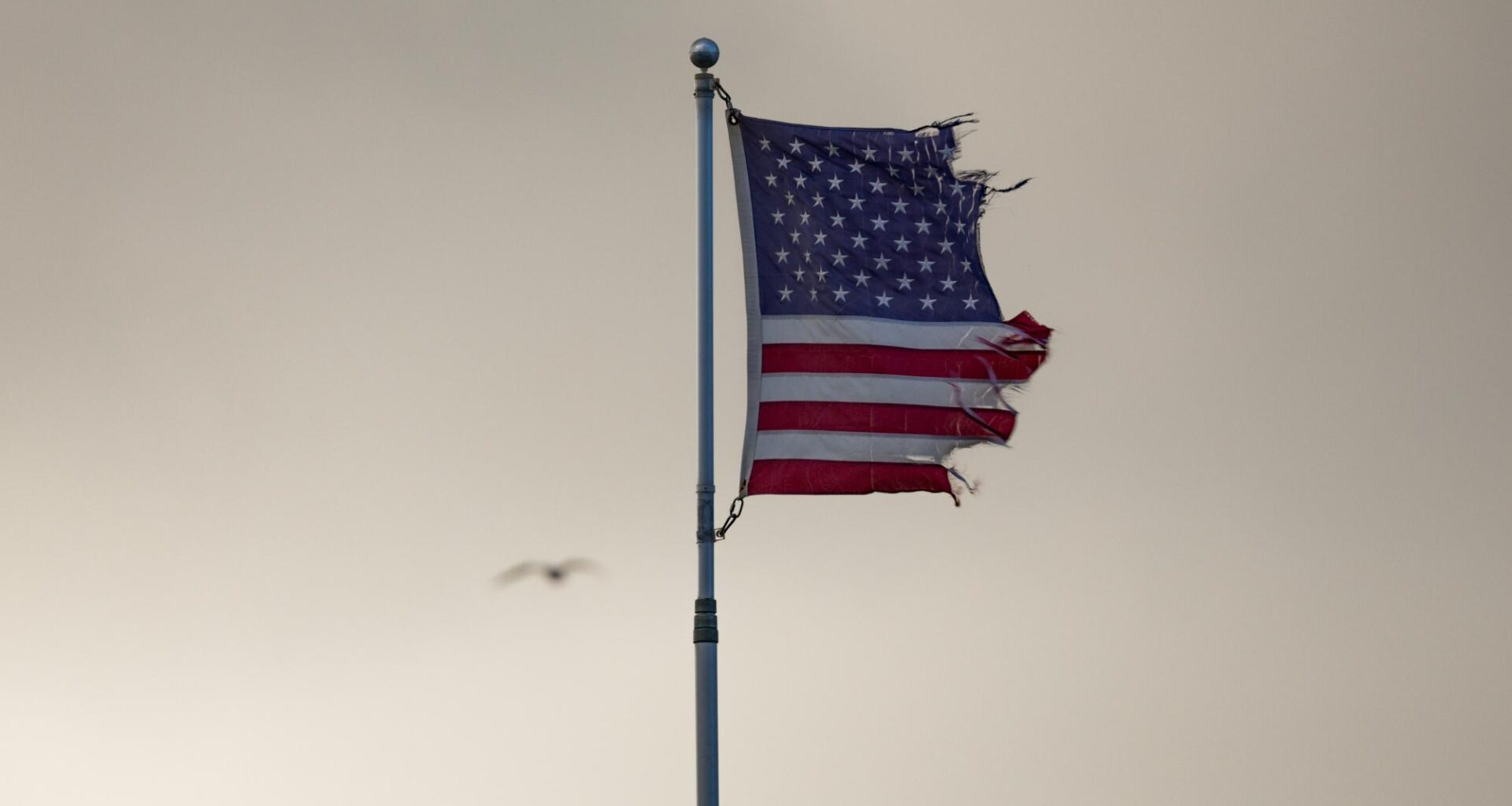The killing of a leader can send shock waves throughout a society. When a “saint” is silenced, widespread anger is bound to grow, but how much of this anger is authentic and how much is manufactured?
The assassination of Charlie Kirk has re-energized Turning Point USA (TPUSA) as a movement. In the weeks following his death, TPUSA had a reported 121,000 requests from students to start or join a chapter, according to its X account, formerly known as Twitter.
In Oklahoma, Superintendent Ryan Walters announced that TPUSA chapters would be established in every high school across the state. Walters resigned shortly afterward.
Florida has not stated any plans to follow in the footsteps of Oklahoma, but Attorney General James Uthmeier has threatened legal action in a video uploaded to X.
Story continues below advertisement
“We’ve been hearing reports up and down the state public schools not allowing TPUSA organizations to be formed on campus,” Uthmeier said. “This is discriminatory – it’s wrong, and we will not stand for it.”
However, there have been no official reports of any educational institutions in Florida attempting to block or deny a TPUSA chapter. In a broader sense, evidence of discrimination nationwide is thin.
Clinton High School in Mississippi has also addressed misinformation spread on social media. Russ Latino, founder of Magnolia Tribune, shared a post on X that expressed his concerns about the attempt to shut down a TPUSA chapter.
The district responded to this claim with the reasoning that the club must be student-led. Latino submitted a public records request to Clinton High School Principal Brian Fortenberry, who provided an email sent from a teacher to students as evidence that it was against policy.
FGCU has faced scrutiny in the weeks following Kirk’s death. Rumors began circulating online that the university had denied students’ requests to hold a vigil on campus.
“FGCU did not deny students the opportunity to hold a vigil on campus,” FGCU said in a statement. “The university granted an exception to allow the student-led event to proceed, provided that safety and preparation needs could be met.”
Media reporting of TPUSA chapters being denied is few and far between and as of now, arguably ambiguous. Yet, so many political leaders and self-proclaimed activists have publicly been very vocal about these supposed discriminatory practices, even threatening legal action. Whether this type of language and reporting is preemptive or predatory, educational institutions can get caught in the crossfire of anger and truth.
Universities have always been places where students look for a cause to get behind, but now a single rumor can spark outrage and dominate headlines within hours.
Institutions that fail to prepare risk being cast as villains in someone else’s political playbook. In this climate, institutional credibility depends not just on the truth, but also on anticipating how quickly it can be drowned out by loud and angry voices.

